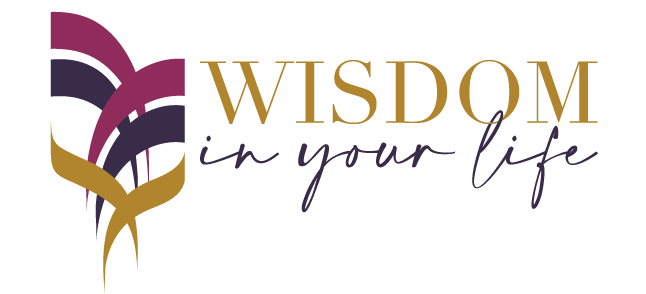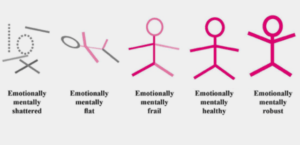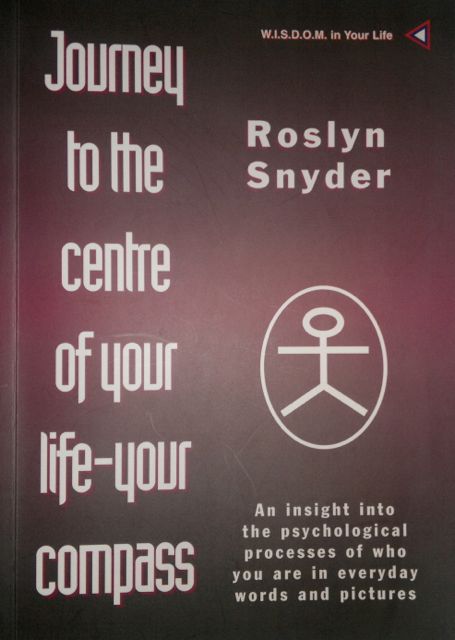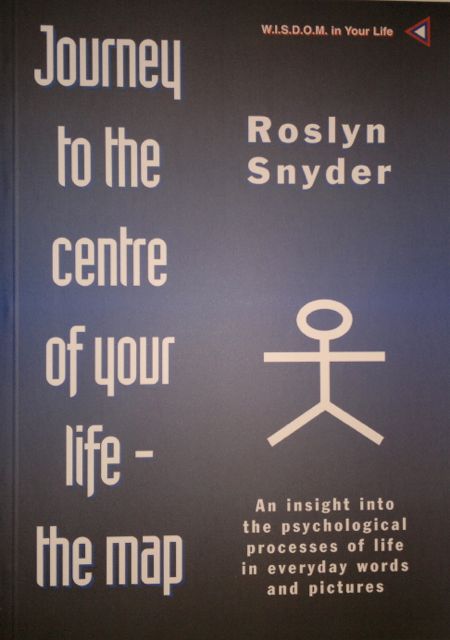When a death occurs due to domestic violence, people ask what can be done to prevent another death. Every time it is more mental health services, more refuge services or more police education. These are not prevention! These are necessary intervention services, for when a pattern of behaviour has already occurred. Intervention services do not prevent Domestic Violence.
Or we are told the solution is more information and awareness about Domestic Violence, the trouble with this is, people need to recognise they are in a domestic violent relationship.
As an experienced psychologist, every perpetrator I have worked with, some who have killed their partner, had no insight into their actions. Consistently, believing, because they ‘loved’ their partner they had a ‘good’ relationship. They had little awareness of their underlying belief patterns that lead to their actions, or even insight into the irrationality of their own thoughts and feelings. Only once it had escalated, did they know it was wrong, but still believed (irrationally) if the meal had been on time or the phone didn’t ring the violence wouldn’t have happened. However, they didn’t have the knowledge, skills or ability to change their behaviour, or seek help before it was too late. Only when people are empowered do they stop.

Similarly, victims of domestic violence often have no awareness that they are in a domestic violent relationship. Many have been referred to me for depression, eating disorders or suicide attempts, initially telling me they have a ‘good’ relationship with lots of ‘love’. When we explore what is going on, it becomes obvious that a controlling relationship is underlying their pattern of behaviour. Victims of domestic violence also have little awareness of their underlying belief patterns (making excuses or blaming themselves) or even insight to the irrationality of their partners thoughts and feelings (if I just did what they wanted…). Only once it has escalated do they start to think there is something wrong, but they believe it is them. However, they still don’t have the knowledge, skills or ability to get themselves out of danger. Only when people are empowered do they leave.
Information and awareness is not prevention.
Even if people were aware they were in an abusive cycle, Domestic Violence is not an isolated event. Domestic Violence is a dysfunctional behavioural pattern that is the result of the dynamic between the people involved. This relationship is maintained by interactions of a wider family system, community system or cultural belief patterns.
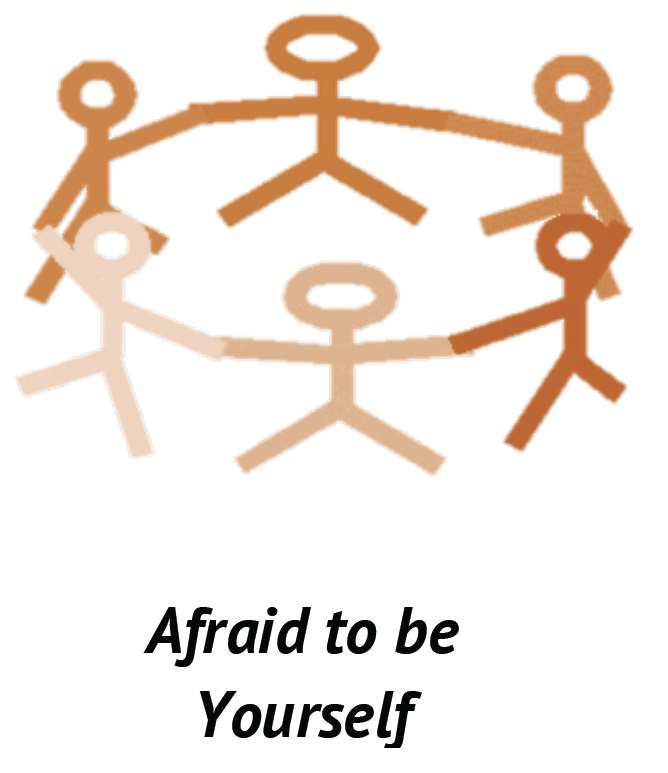
Domestic violence is about external power. When people have inner or authentic power they live equal to anyone else , they have no need to take power from others (perpetrators) or give their power away (victims) or try to take power from perpetrators and give to victims (rescuers). See my post https://wisdominyourlife.com.au/bunnies-bystanders-gunholders/
To prevent Domestic Violence requires a multi-faceted approach at the individual, couple, family, community to facilitate a cultural change that focuses on pathways for people to become authentically empowered and true equality in society for all people regardless of age, gender, race, religious beliefs, economics and privilege. We can’t just focus on the couple involved in domestic violence as their relationship is a reflection of the wider community. Everything is connected.

Each adult has a responsibility to develop inner or authentic power.
When people are empowered in all aspects of their life, they do not live in domestic violence. Empowerment comes from within, and needs to be taught.
Partners in any relationship have a responsibility to ensure equality, not sameness and encourage each other to develop authentic power.
A strong healthy equal relationship is a safe place for each person to be who they truly are.
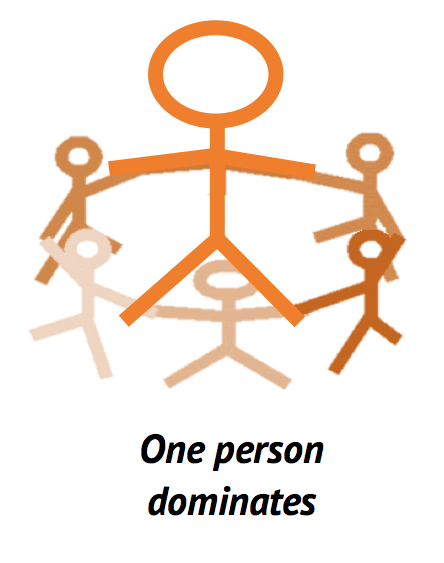
Parents have a responsibility for nurturing their children to adulthood.
Entitlement, inequality and modelling controlling behaviour create patterns of behaviour that can lead disempowerment and could lead to abusive relationships, either as a perpetrator or victim.
Schools have a responsibility to create a culture of equality within and between schools.
By describing students as ‘privileged’ or ‘disadvantaged’ creates inequality, and sets up a hierarchy of entitlement that carries through their life.
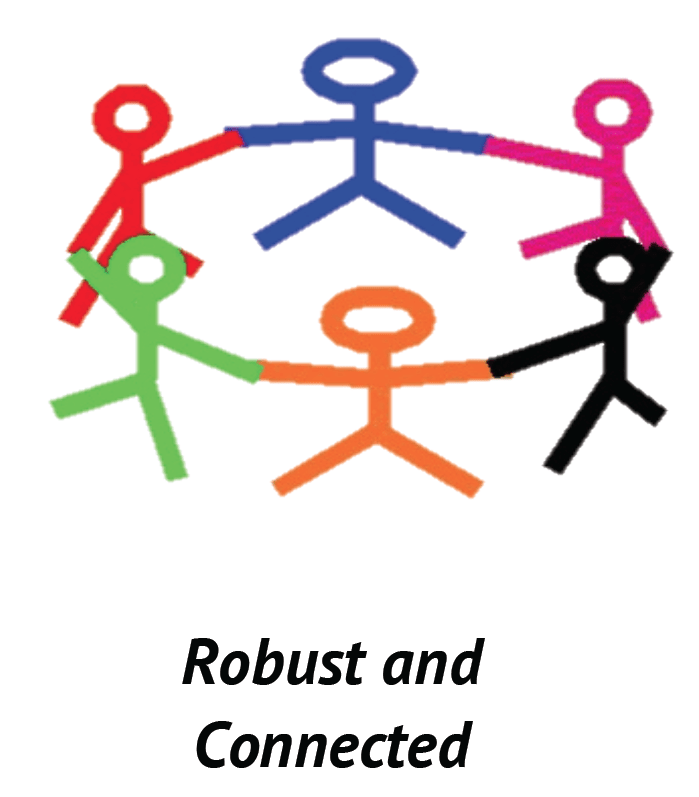
Societal leaders have a responsibility for creating cultures of inclusion, equality and empowerment.
A disempowered family will either try really hard to please other people they see as holding power (give their power away) or they may try to take power from others by taking welfare, stealing, graffiti, or vandalism. Sometimes this becomes internal within the family, which can lead to domestic violence.
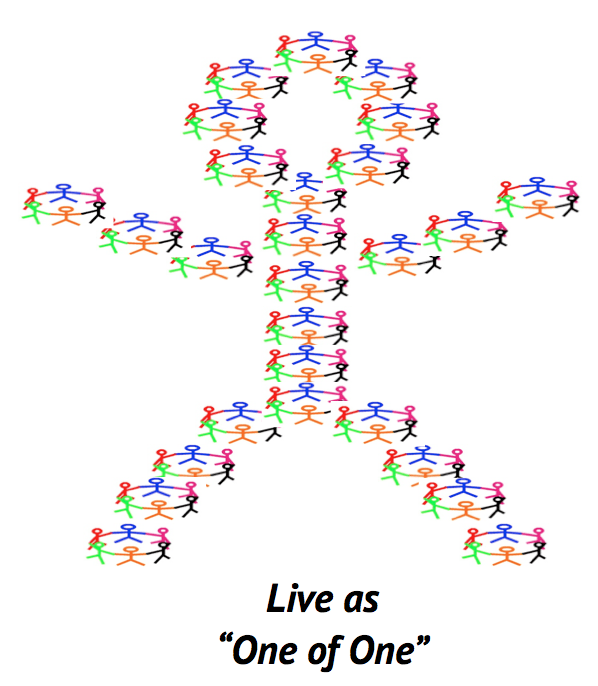
All people have a responsibility to challenge inequality, entitlement and disempowerment.
If we want to prevent Domestic violence it is up to all of us. We need to:
- have clear paths to empowerment for everyone
- eliminate ‘us and them’ thinking.
- ensure equality of all people, all of the time in all areas,
- be respectful and kind to all people.
WISDOM in Your Life teaches people ways to be empowered.

Roslyn teaches people to build capacity, integrity and harmony into human systems. As a psychologist and author she founded WISDOM in your Life – a social business connectingindividual, family, community and corporate systems to live as ‘one of one’. Imagine if we could all live in harmony across the world.
The butterfly tree pictured represents the power of women and the artwork was completed by Roslyn Snyder.
